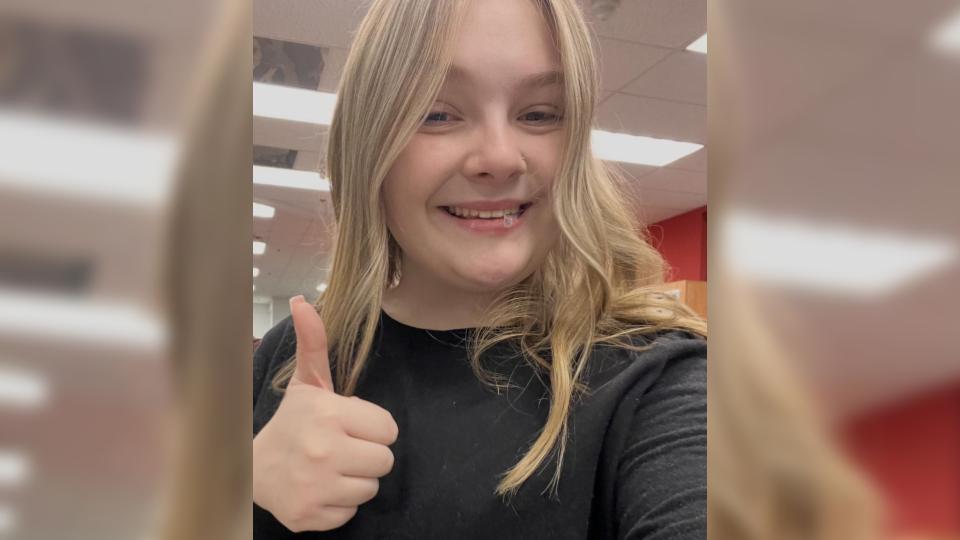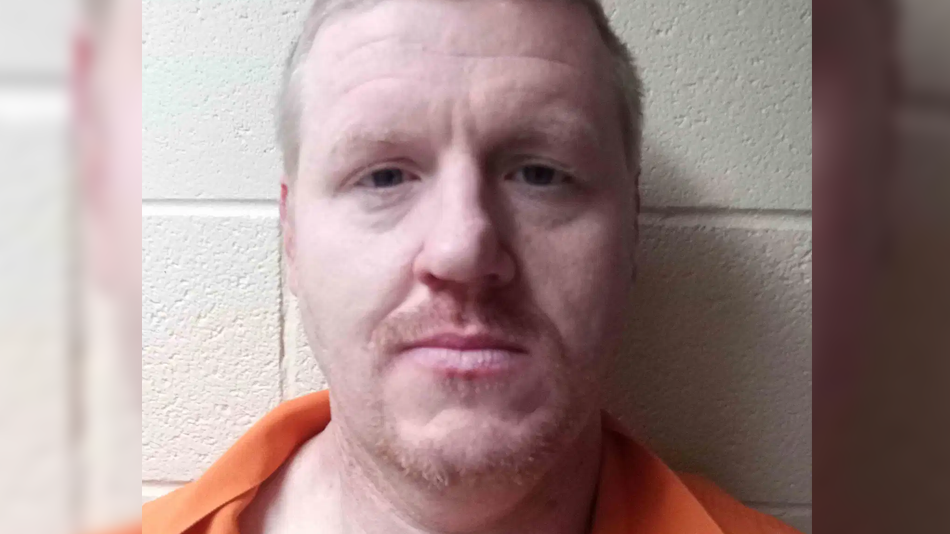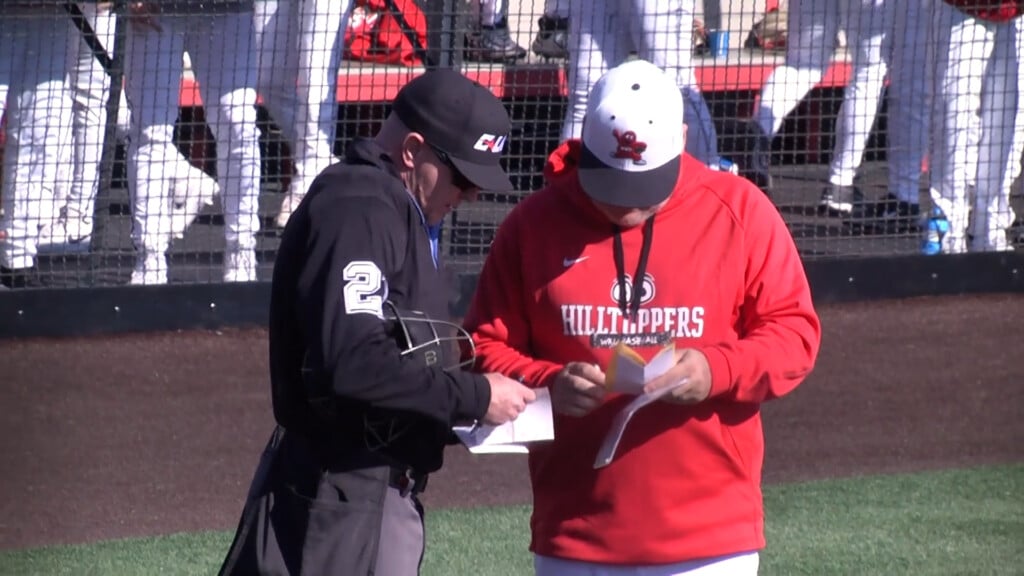Correctional officers’ talk about their day-to-day lives in honor of National Correctional Officers’ week
GLASGOW, Ky. – This week is National Correctional Officers’ Week and to honor those who serve in local detention centers, local correctional officers are talking about their day to day lives inside the jails.
Correctional officers do a lot to help those who have found themselves in trouble with the law.
But, oftentimes, they get overlooked as most people do not see what they do day to day inside the walls of the jail.
Barren County Jailer Aaron Bennett said his team works hard and truly makes a difference in some inmate’s lives.
“Whenever a law enforcement officer, peace officer, sheriff’s deputy, city cop, or state police, they are out there. Everybody is seeing where they are going and what they are doing and that’s great, you know, they get recognized for their good deeds, but inside the jail, that kind of stuff isn’t seen,” said Bennett.
One inmate, Timothy Madewell, at the Simpson County Jail said he wants to be a better person and attributes that mindset to the deputy jailers he encounters every day.
“They’ve given me a second chance, you know, and today I am better than what I was over a year ago because of the choices I’ve made. I’ve made mistakes while I was here, and you know what? They gave me a second chance to stay where I’m at and to better myself,” said Madewell.
Ethan Cook a deputy jailer at the Simpson County Jail said the people who come into and out of the jail every day are no different than he is and believes they deserve respect and kindness no matter what they are in for.
Cook has put his words into practice in the past after he went through a frightening situation with a suicidal inmate.
“I pulled the blanket away from him and he had a bedsheet tied around his neck. At that point, me and my partner, we took action and did what we could to stop that scenario and thankfully he is still alive today,” said Cook.
When an inmate arrives to jail, deputy jailers must search the inmate for contraband, and sometimes the inmate is on drugs, drunk or having a mental crisis while being booked.
Those situations can not only be dangerous for the deputy but are also hard work.
The inmate will then go to medical and get checked out by a nurse alongside a medical deputy who stays with the nurse.
Barren County’s medical deputy, Bonya Scott, has seen inmates fake seizures, bang their heads against walls, try to sneak drugs into the jail and even try to fight correctional officers.
But, at the end of the day, Scott said she truly has a passion for the job.
“Some of them are just, they are really good people. They just got on the wrong track. To be able to see somebody get out and to be able to see them, especially when you see them years down the road and they haven’t come back. You see them somewhere and they are doing really good. That is really rewarding to be able to see that,” said Scott.
Correctional officers work long hours and interact with inmates who are angry, sad or scared.
But they also get to celebrate inmates who succeed in different programs and see inmates grow and change for the better many times.
They also say one of the hardest parts of their jobs is not being able to help someone in the middle of a mental health crisis.
“It’s difficult because there is not a lot we can do for them here,” said Scott.
“I was a sheriff’s deputy and a police officer at Glasgow for, you know, many years and I didn’t give them that appreciation that they truly deserved and now that I’m here and I get to see what they do on a day-to-day basis, I praise them. They do an outstanding job and I’ve been to other facilities and how they work and those deputies across the state, Kentucky jailers, they’re deputies, they are doing an outstanding job,” said Bennett.
“I think that a lot of people on the outside don’t really realize what we do on a day-to-day basis. They think that it’s just easy because everybody is locked up and you come in but in all honesty it’s not. It’s really difficult,” said Scott.




